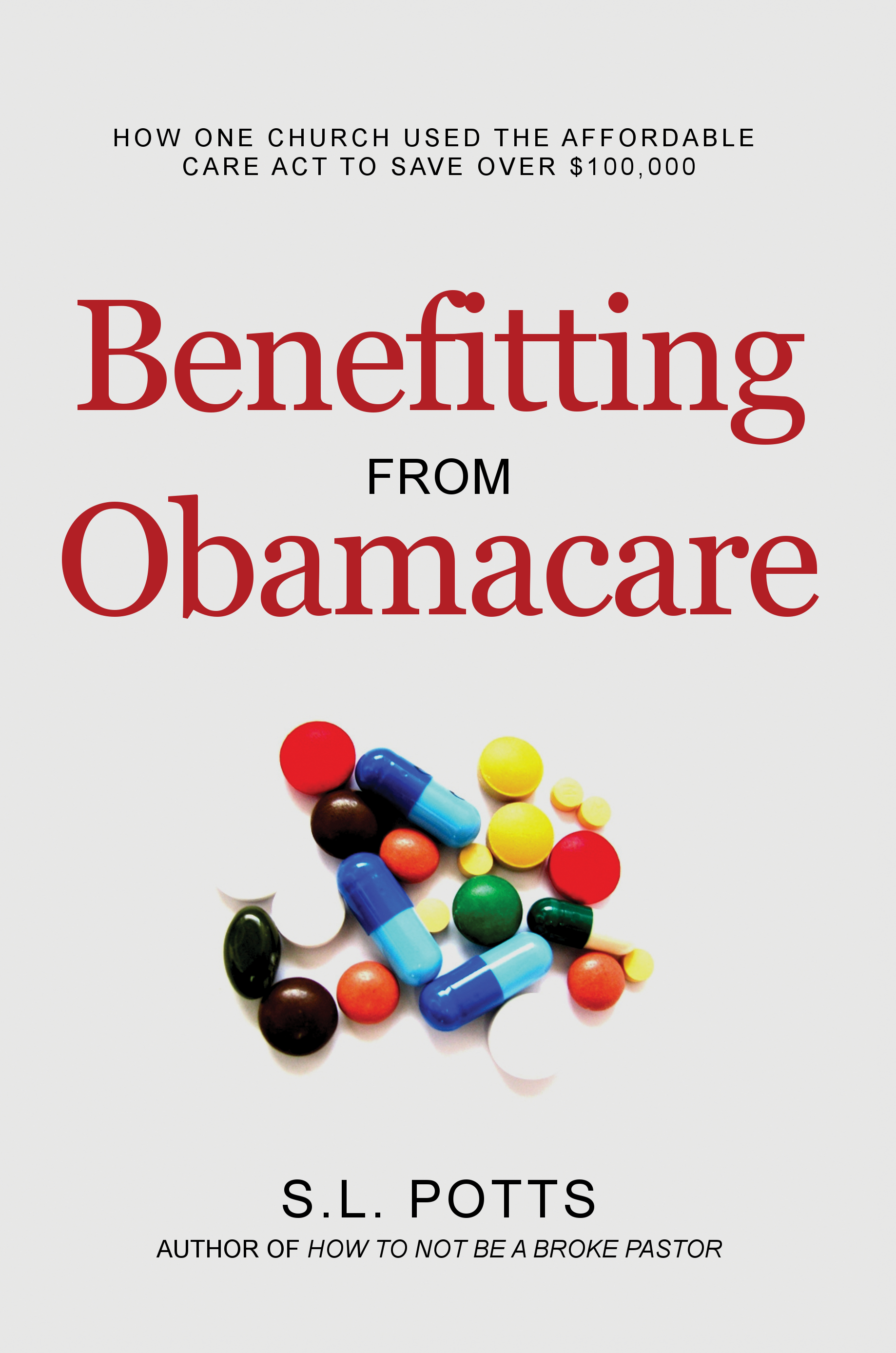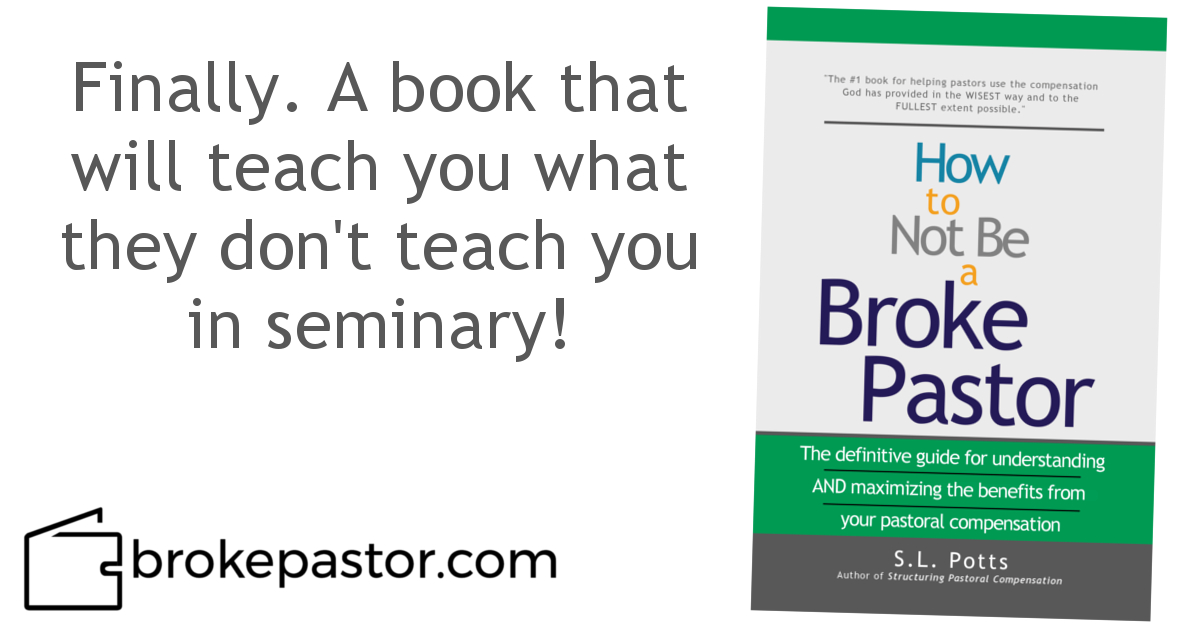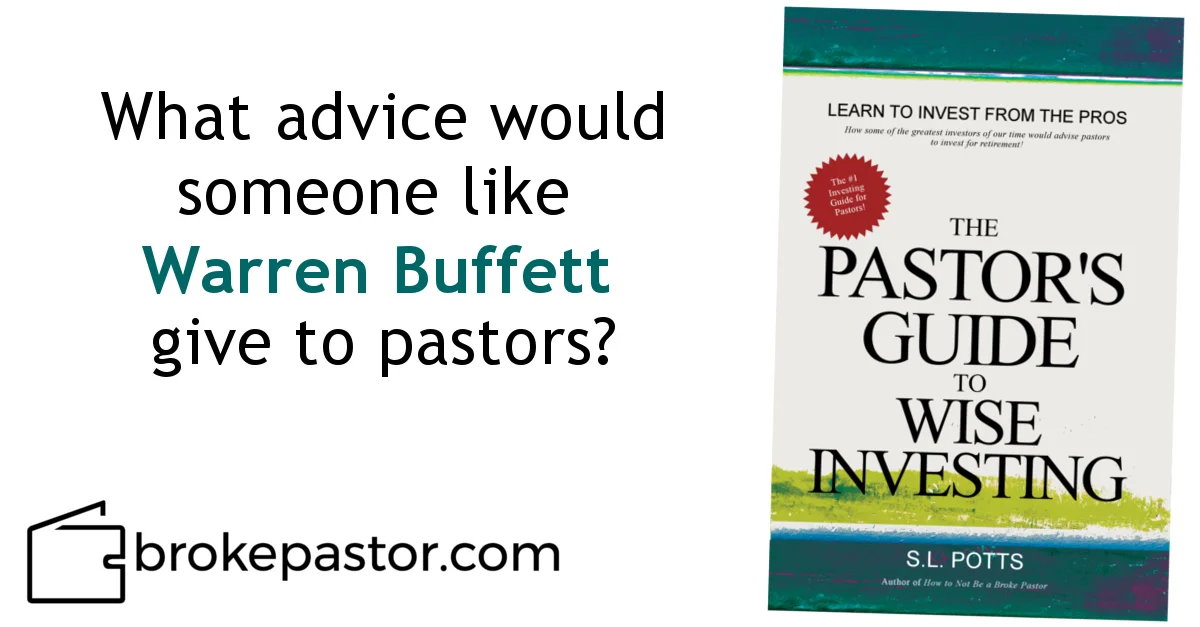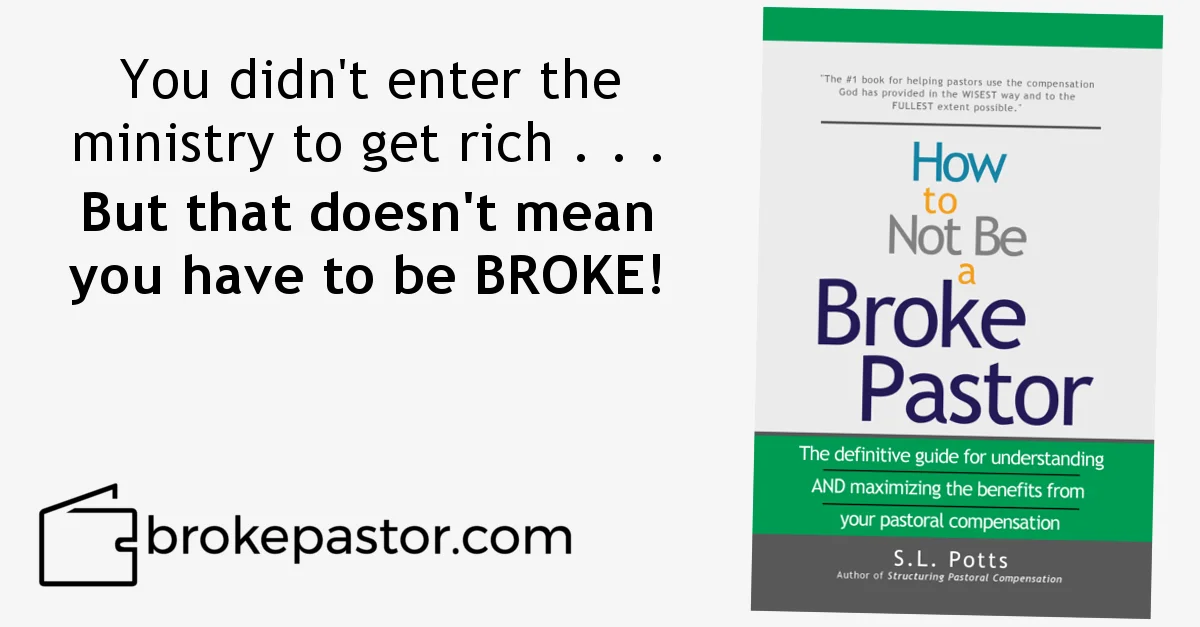Should Christians Save Money For The Future?
By Thomas Overmiller
David, an acquaintance of mine and a blog and podcast follower, recently submitted this question:
I have considered low-risk, long-term investing and saving plans several times in the past, but have not taken steps to arrange anything. One reason for this is the many predictions of economic collapse. Naturally, these predictions trouble me. Usually, conversations I hear about this subject reference end-times predictions, which further discourages me from any long-term financial planning. I know there are important things to keep in mind concerning these subjects, and I would appreciate your input.
This question reminds me of something I have encountered in life, as David is also encountering. Many well-meaning Christians firmly believe that saving or investing money to meet future needs is a failure to believe God. But the opposite is true. The Bible clearly teaches the appropriateness, even the expectation, of a Christian saving and investing money to meet future needs. To do this is actually a step of obedience and faith in God.
To be sure, not every Christian has equal ability to do this to the same degree. Not every Christian is able to do this at all. But, every Christian should know what the Bible teaches and, if at all possible, take steps of faith today to set aside resources for tomorrow. God supplies some of your present resources to meet your future needs. This is how God provides. Responsible saving and investing is a biblical, responsible step of faith in God.
So in reply to David’s question, I provide a list of biblical principles for you to consider in your Bible study and personal finances.
1. The Bible warns against hoarding.
Hoarding is accumulating excessive material resources without a defined, responsible purpose. Jesus condemns the wealthy farmer who hoarded resources without a defined and appropriate goal in mind. The goal of any accumulation plan should never be wealth in general, or to become as wealthy as possible (Luke 12:16-21).
2. The Bible encourages saving.
Saving is accumulating appropriate material resources for a defined, responsible purpose. A wise person does this (Prov. 6:6-8, 21:20). As you work and God provides you with income, He expects you to pay your taxes, give to His work and meet your present needs. But there is more. He expects you to set some of this aside to prepare for upcoming needs, when income will not be adequate or available. It is biblical and wise to set aside resources today for things tomorrow, such as: an automobile, a university education, the down payment (or full payment) on a house and old age (that time in life when you cannot work as you do now).
3. The Bible warns against gambling or ‘get rich quick’ schemes.
The Bible does not expressly forbid gambling, but it provides a clear warning against quick income. The responsible way to accumulate resources is to set aside resources in manageable, steady deposits over time (Prov. 13:11).
4. The Bible recognizes the element of risk inherent in responsible long-term savings and investment, and does not forbid it.
Jesus uses standard financial investments as a key illustration of spiritual truth (Luke 19:11-26). He does this effectively, because the example of financial investment is a good example. By doing so, He underscores the wisdom of putting money to work in the economic market. Whether you put your money to work in a simple savings account or an aggressive stock market portfolio, you are putting your money to work. Jesus strongly rebukes the person who stores financial resources in a no-risk, no-return scenario. When you put your money to work in the economic market, there is wisdom in consulting or partnering with a trustworthy, reputable Christian investor, licensed and able to provide good advice (Prov. 15:22).
5. The Bible forbids trusting in accumulated wealth.
When you follow a principled savings and investment strategy, you are doing something biblical. However, beware of trusting in your accumulation to provide a sense of security (Prov. 23:4-5, 1 Tim. 6:17). Follow your strategy, but don’t trust in it. Trust in God byimplementing a strategy, and trust in God instead of your strategy. This is the biblical balance. No matter how much wealth you accumulate or lose, always keep a Luke 11:3 attitude: “Give us day by day our daily bread.”
6. The Bible forbids worrying about future financial provision.
The Bible instructs Christians not to worry about future needs and uncertainties. Does this contradict or cancel out biblical principles of responsible savings and investment? No. It teaches us to save and invest in a responsible manner, but to do so without obsessing over market trends and economic forecasts (Matt. 6:34). The economic market is volatile. A good strategy accounts for that; but even the best strategy is a risk. Great Depressions happen. And so, David writes:
One reason [for not implementing a savings and investment plan is the] many predictions of economic collapse. Naturally, these predictions trouble me. Usually, conversations I hear about this subject reference end-times predictions, which further discourages me from any long-term financial planning.
This noise – these popular crisis predictions and end-times forecasts – should not dissuade Christians from implementing responsible, faith-based, biblical savings and investment strategies, targeting reasonable upcoming needs and stages in life. We should take appropriate action with our finances, and leave the future in God’s hands. Rather than choosing not to save and invest, I should choose to save and invest in spite of these winds of doubt and worry. If something bad does happen, and my investments disappear, then I’ve lost nothing. I will continue to trust God, and He will meet my needs. Furthermore, my conscience will be clear because I know that I did what He expected. I saved and invested, and trusted in Him.
As God provides for you in the present, think ahead to the time in your life when you will not be able to work as you do now. Or think ahead to important upcoming goals. What will your financial needs be? Be realistic. As a Christian, avoid opulent dreams of a lavish retirement. Estimate your needs in a reasonable, content manner. Then set aside some funds in manageable, regular amounts, preparing ahead for that time. Do this as a step of faith, and do not trust in your savings and investment plan. Trust in God as you do it.
Will markets rise and fall? Yes. Will the economy collapse? Perhaps. But as a Christian, this should not prevent you from responsible savings and investment. What is the key? Just do it, and do it wisely. Don’t worry and obsess about financial trends. If you invest and the markets collapse, God will continue to meet your needs. Just do right. Save for the future in a responsible, biblical manner, and let God take care of you.
Thomas Overmiller serves as pastor for Faith Baptist Church in Corona, NY and blogs at Shepherd Thoughts. This article first appeared at Shepherd Thoughts, used here with permission.


















